There is an ancient belief that blood is some type of magical life-giving property that is the place 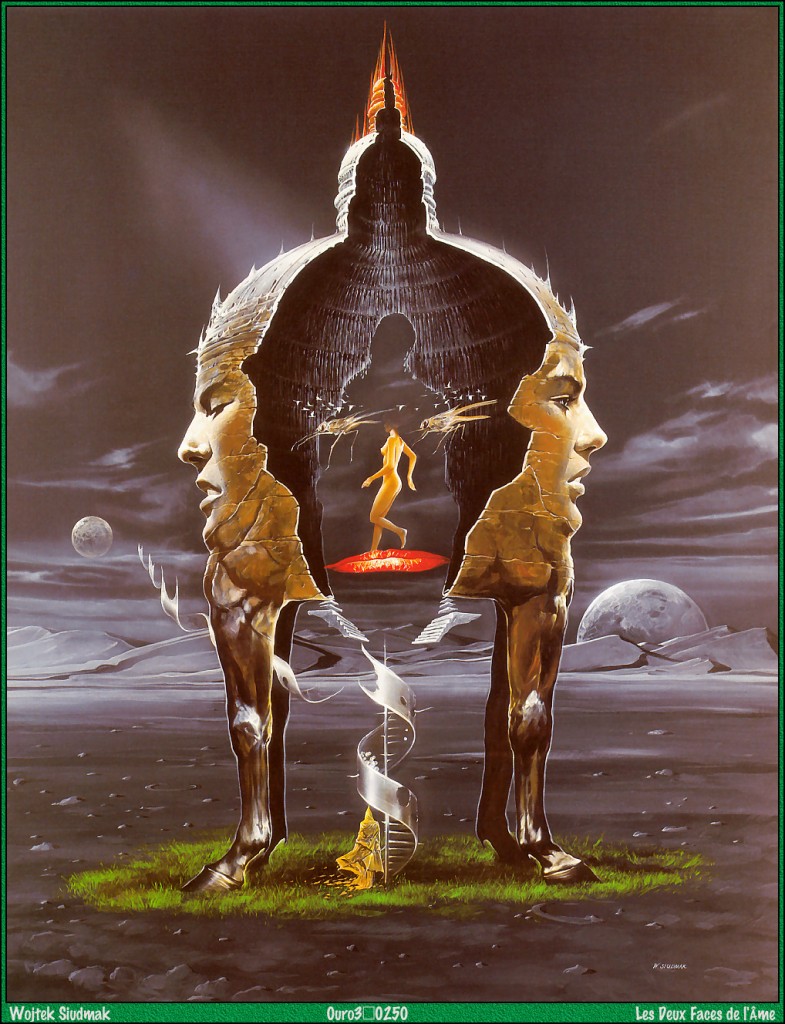 of consciousness, the true mind and seat of the soul. The loss of blood is the loss of life, and the death or transition of the soul into the nether world.
of consciousness, the true mind and seat of the soul. The loss of blood is the loss of life, and the death or transition of the soul into the nether world.
This red super information highway flowing within our bodies has always been considered unique to all of us. Many ancient cultures had considered blood to contain tribal, spiritual, national and family bonds. The Egyptians taught that the heart was the seat of the soul. The ancient Hindus according to the teachings of the Veda, believe that the soul is located in the heart. The Aztecs had also said the heart is the seat of the soul; and they would often tear the heart out of sacrificial victims as soul offerings to their gods.
 The North American Indians believed that the blood contains the life and spirit of the animal and they had forbidden its use in raw form. In order to kill any evil spirits that may reside on the animal, they had a cooking ritual in which they pass it through smoke and flame several times to destroy any spirits in the blood and meat.
The North American Indians believed that the blood contains the life and spirit of the animal and they had forbidden its use in raw form. In order to kill any evil spirits that may reside on the animal, they had a cooking ritual in which they pass it through smoke and flame several times to destroy any spirits in the blood and meat.
The Greeks who were the first culture to study the power of blood in-depth using science that they had thoroughly documented in numerous texts, had said that the soul consists of two parts. The Pneuma, corresponds to the Biblical “Neshamah,” which God breathed into man. The Psuche corresponds to the ” Nephesh ” whose seat is in the blood. They considered blood as synonymous with life, the soul and consciousness.
Aristotle had said in some people’s opinion blood is life itself, and he attributed the power of thought to the heart, which he said also contained the soul. The Roman Poet Virgil whose ancestors were both Phoenician and Greek, speaks of the purple blood as the purple soul and famously said, “He vomits forth his purple soul.” The Greek-Roman physician, surgeon and philosopher, Galenos said, “blood is the soul” (αίμαείναιτηνψυχήν or haema einai ten psychen). The Greek pre-Socratic philosopher, Empedocles (c.492-432 BC) considered the blood to be the same as the soul (ψυχή=psyche), and connection to the spirit (πνεύμα=pneuma).
In Homer’s Iliad it is mentioned that a certain type of blood is passed on to the descendants, “ανδρώνγενεής oίδ’ αίματoςεξεμoύεισί,” andron geneis oi d’ haematos ex emou eisi” (men of my lineage who have the same blood as mine) [10–12, 45] and “…ανδρών oίτηςεξαίματoςεισίγενέθλης”, “…andron oitis ex haematos eisi genethlis” (men of your own blood lineage). He had also used the expression, “The blood flows from the (Psuche) wound and the life (\l/ v^) flows from the wound.”
Homer said the Greek Gods and the monstrous daemons are “αναίμωνες=anhaemones”, that is without blood, which does not make them dead but, on the contrary, immortal (because of the absence of blood). He had written about these God and daemons, “The Achaeans of different descent residing in an area extending from the north of Epirus to the southernmost island of Crete belong to one and the same nation because they have the same racial blood”. Besides, the lineage blood connects the members of a family to each other, defined as ”όμαιμoν”, “homaemon” (with the same blood) by Herodotus (c.484-c.425 BCE). They had considered a person who is courageous, valiant, and virtuous is characterised as being of “αίματoςαγαθoίo”, “haematos agathoio” (of good and virtuous blood).
Many of the ancient secret mystery schools, and religions were based on tribal blood relations and the knowledge contained within this same blood. In fact, if you were not of the same blood or race, you were simply not of the same tribe and prohibited from joining their Brotherhood. One of the first secret societies formed by the Phoenician Hebrews in the City of Thebes, who Homer called the Achaeans and whose followers were known as the Boetians, had a strict requirement that no one could be an initiate of their Order unless they had a sacred tribal birthmark they used to identify their kin.
Plato had written about this secret brotherhood of the tribal birthmark; “Nay, even a man who is born of noble ancestors, but himself sinks down in the opposite scale of life, could not justly claim kinship with those ancestors, seeing that no one could be enrolled among the Pelopids who had not on his shoulder the birth-mark of that family. And in Boeotia it was said that there was the impression of a spear on the Sown-men.”
Plutarch had to say this about the divine birthmark in his book, On the delay of the divine justice; “As among the children of Pytho the Nisibian, said to belong to the Sparti, the one who died lately bore the impress of a spear on his body, — a race-mark after so many ages rising and emerging as from the depths of the sea, — so not infrequently earlier generations conceal and merge ancestral habits and dispositions, while afterward and through later generations the inherited nature comes to flower, and reproduces the family tendency to vice or to virtue.
The armed men that sprang from the teeth of the dragon sown by Cadmus, from whom the oldest families in Thebes — a large part of the Boeotian aristocracy — were said to have descended. Something like this mythical birthmark had probably made its appearance on the body of a member of one of these ancient families.”
Many other ancient cultures had similar beliefs about blood. You can find many of this history spoken about plainly in history books, and their beliefs about (hema) allegorically encoded into their religious texts and mythology.
The ancient Persian Zoroastrian doctor, Perzhoe (Borzhoa) travelled to India in the 6th century AD to learn the their secrets of life and bring them to his king, Chosroes I. While in India, he was instructed on the hidden mysteries of “his blood and his bile.” The Zoroastrian learned how the harmony between body and soul, or krais (Greek for “mixture or good health”), would make him a great healer.
Perzhoe had said, “Oh soul, avoid the ephemeral, pursue the eternal and be self-sufficient; and be as virtuous as you can; and remember the constitution of your body, that it can be taken ill, that it can die, that the clay vessel of the body is filled with four fluids in delicate balance with each other and while these fluids coexist, it has life; if one of them is less or more than needed, the body collapses and dies. And just as a wooden effigy collapses when you take away the nails that hold its parts together, so does the human body if you disturb its krasis”
The bible speaks of the “pouring out of the soul,” and “the offering of the soul.” In Leviticus 17:11 is written, “and I have given it to you upon the altar to make an atonement for your souls: for it is the blood that muketh an atonement for the soul, ” and Leviticus 17:14; “because the life of every creature is its blood.
Noah and his sons were commanded not to eat flesh which contained blood in Genesis 9:4 where it is said; “But flesh with the life thereof, which is the blood thereof, shall you not eat,” and That is why I have said to the Israelites, “You must not eat the blood of any creature, because the life of every creature is its blood; anyone who eats it must be cut off.” For this reason, drinking blood was strictly forbidden in the religion of Israel.
Today we can see this Israelite tradition carried on by various religious groups such as the Jehovah’s Witnesses who will not accept blood transfusions. When they have health problems, they go to doctors who have skill in providing medical and surgical care without blood.
These ancient beliefs I have listed in this article are still followed by some people around the world  who understand that blood is the life and souls of all creatures. However, many cultures today such as in the West who eat and drink the blood of almost any animal that they also treat with the utmost cruelty, would be considered complete abominations and sinners to their ancestors.
who understand that blood is the life and souls of all creatures. However, many cultures today such as in the West who eat and drink the blood of almost any animal that they also treat with the utmost cruelty, would be considered complete abominations and sinners to their ancestors.
They have become beasts and whores of Babylon who are confused by the many souls infused into their blood by their devilish thinking, eating and living habits because they have forsaken these simple teachings on life, blood and the soul. Their empty soulless hearts have been sacrificed on the altar of ignorance. Their heads have been cut off by themselves due to their own selfishness and materiality. The black headless horsemen of judgment has weighed their souls finding them unworthy.
I will leave you with a few quotes from one of the greatest English poets, playwrights, and actors, Shakespeare who had written many cryptic secrets about blood such as, “There is more difference between your bloods, than there is between red wine and Rhenish wine,” and “His hands were guilty of no kindred’s blood, but bloody with the enemies of his kin.”
“My soul is full of woe that blood should sprinkle me, and make me grow.”

Moe is the founder of GnosticWarrior.com. He is a father, husband, author, martial arts black belt, and an expert in Gnosticism, the occult, and esotericism.

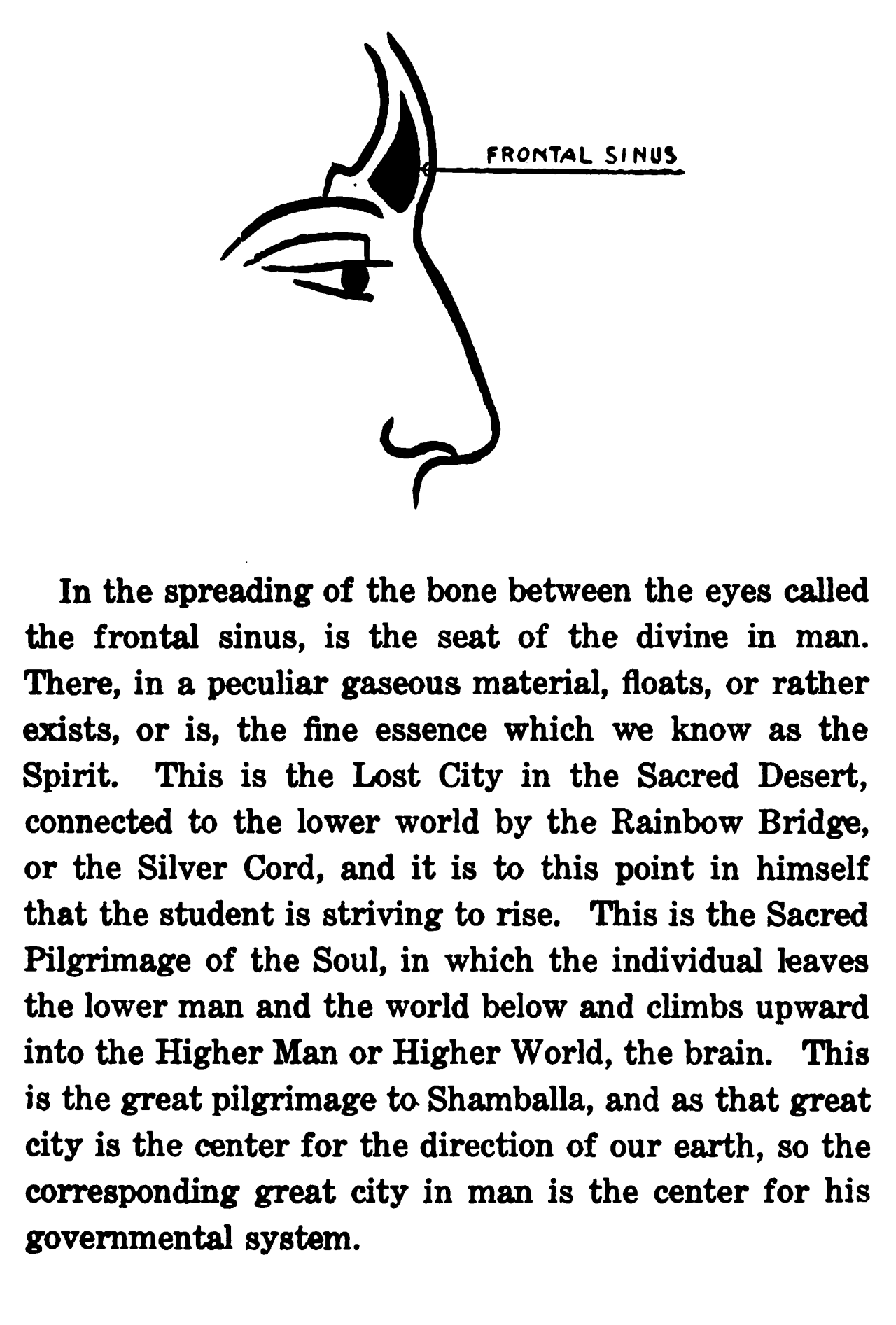



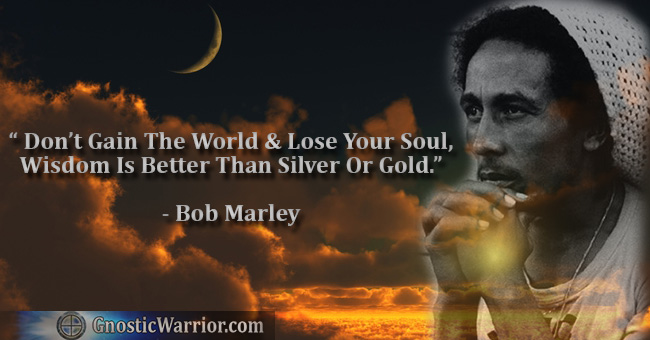
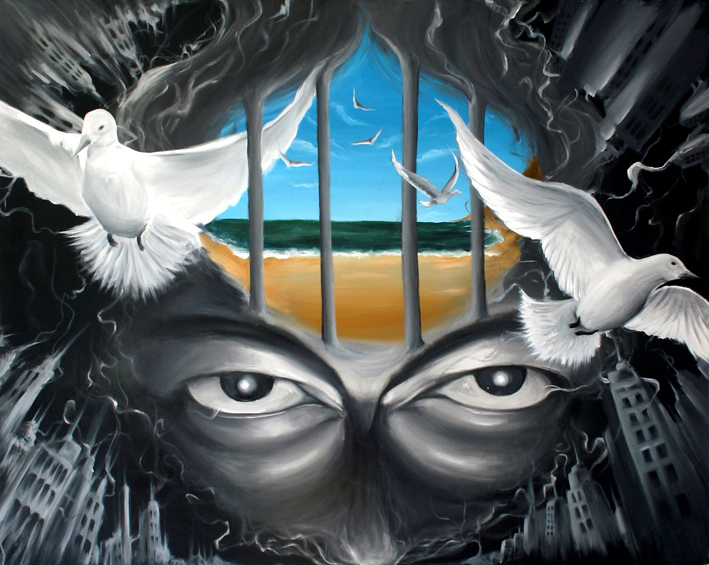
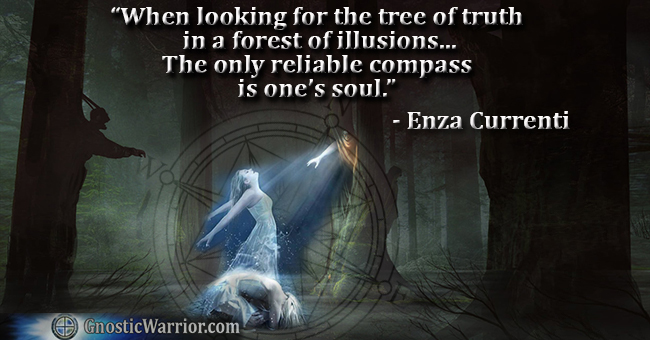
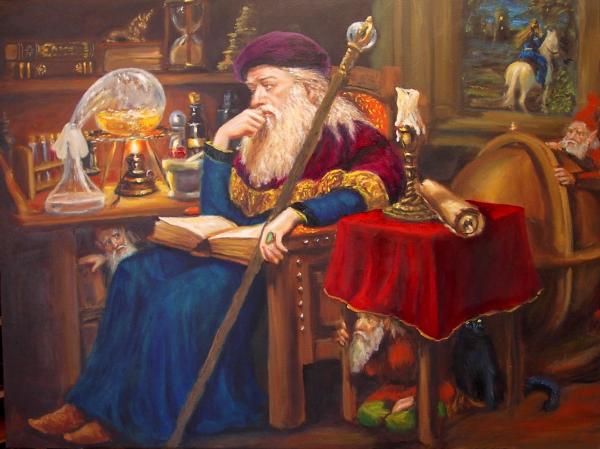
Can you please tell me if this has anything to do with satanism?
Satanism is a belief system where there is no God. Gnosticism, at it’s core believes in a single God, a greater good above all. There are a lot of differing opinions in Gnosticism but it literally means “knower” because the Gnostic wants to know, not merely believe.
Top article. well researched
Thanks for the kind words Senan.
WOW, Moe – this is the best article in support of vegan and vegetarianism I have ever read. I haven’t eaten mammals in years but have not yet gone strictly vegan. After reading this, I think I will. It makes so much sense. Thanks, Nancy
You are most welcome and I appreciate the comment Nancy. That is something I also would like to do in the next few years. Peace!
At least vegetarianism, is not that difficult anymore. There are so many good-tasting alternatives to meat out there. On my third week of eating fish once a week and the rest vegetarian. In time, I will go vegan. If one watches Earthlings or Meet Your Meat there it is just a no-brainer for anyone on a spiritual journey…